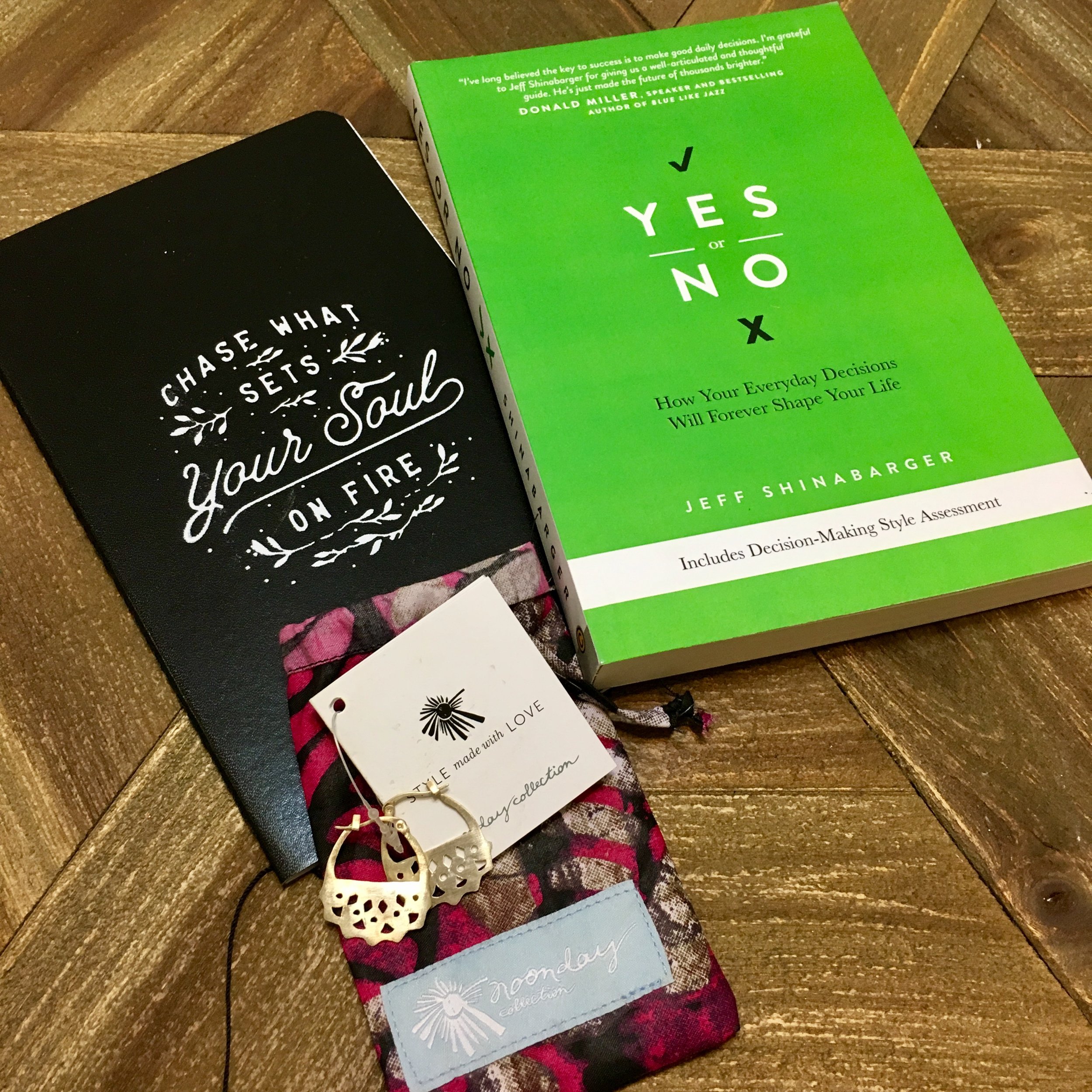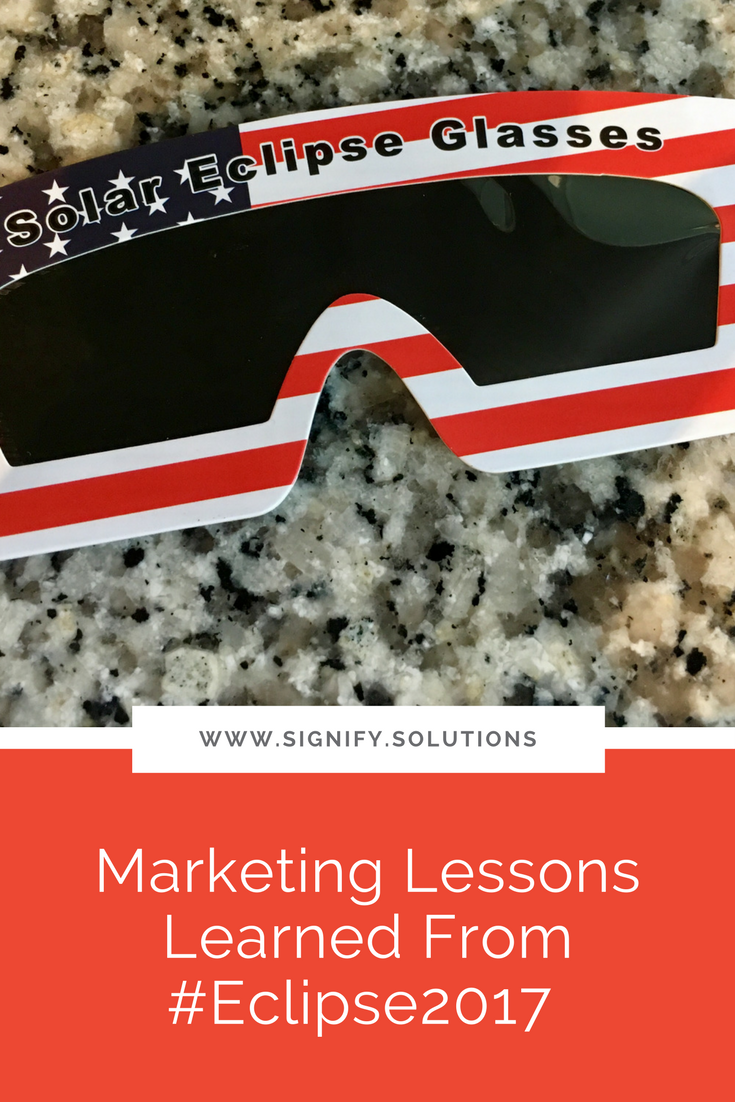This Friday is my birthday! (Cue the confetti!) And one of the best ways to spend a birthday is by sharing it with others—even digitally. I also love giving gifts and freebies away. So, I thought it would be fun to combine those two things this year!
Through Sunday night, September 17th, at 11:59 p.m. EST, you have the ability to win (socially-conscious) gifts for my birthday!
Everyone on my email list has the chance to win. And I have multiple lists that you can sign up for which, by the way, will help your nonprofit or social enterprise with your marketing and communications efforts—already a win, win! You'll receive one entry for each list. So, the more lists you're on, the more entries you have! AND for every person you refer to my list, you'll get FIVE bonus entries! Just shoot me an email (kristi@signify.solutions) to let me know the person was referred by you. So, not only do you increase your chances of winning an awesome prize, but you'll be a part of your friend improving their organization's marketing efforts. Look how (inadvertently) sweet you are!
To recap:
Sign up via one of these lists . . .
Special Features, my monthly email list
For each list your email appears on, you'll receive one entry. (Yes, this includes lists you're currently on!)
Refer someone to a list, and you'll receive FIVE bonus entries when they sign up. And don't forget to send me an email (kristi@signify.solutions) to let me know that found me with your help.
Let's get to it! What can you win?
First prize:
Giving Keys "Purpose" Necklace (special edition)
From Clouds to Concrete by Jeff Shinabarger
Approximate retail value is $90.
Second prize:
Yes or No: How Your Everyday Decisions Will Forever Shape Your Life by Jeff Shinabarger
Soul on Fire Journal
Approximate retail value is $40.
Third prize:
Be the Bridge conversations cards (not publicly available yet)
Walking with the Wind: A Memoir of the Movement by John Lewis
Approximate retail value is $25.
And, guess what, EVERYONE'S A WINNER! Each person on the list will receive an email with a digital gift as my thank you for being part of the Signify community.
Don't forget, you have until Sunday, September 17th, at 11:59 p.m. EST to enter! Winners will be chosen and notified on Monday, September 18th.
Good luck!
CONGRATS TO THE WINNERS:
KRISTI OF CONTENT IN COLOR (1st prize)
OLIVIA OF HELP ATHENS HOMELESS (2nd prize)
ANDY OF REMERGE (3rd prize)
PIN THIS POST FOR LATER:
I'm Kristi Porter, and I started Signify to provide writing, consulting and strategy services to nonprofits and for-profit organizations with a social mission, primarily through copywriting, marketing, and business communications. I believe that cause-focused organizations like yours are the future of business. You're proof that companies can both make money and do good. And I'm here to help you get noticed and grow. When you succeed, we all win.









































